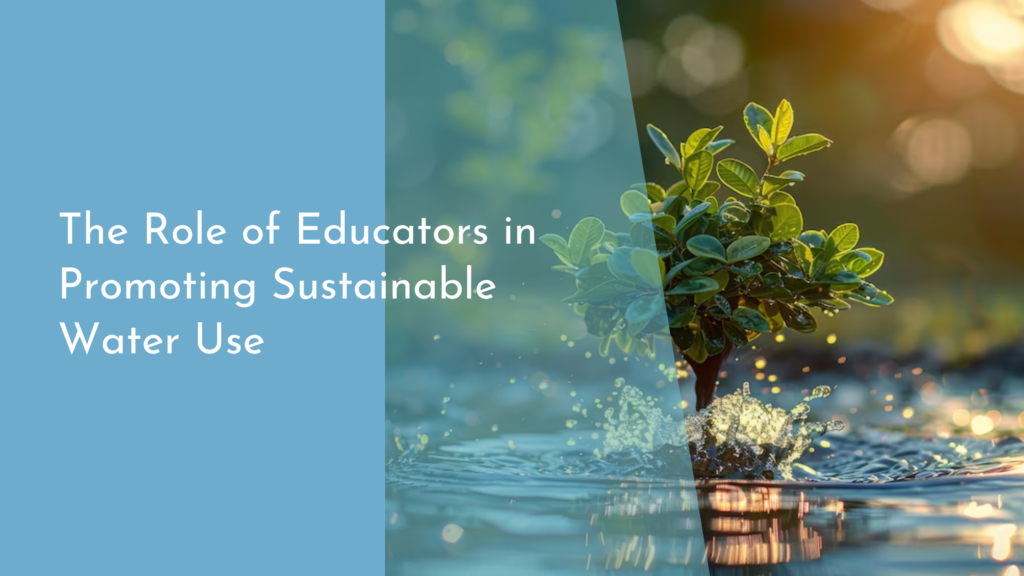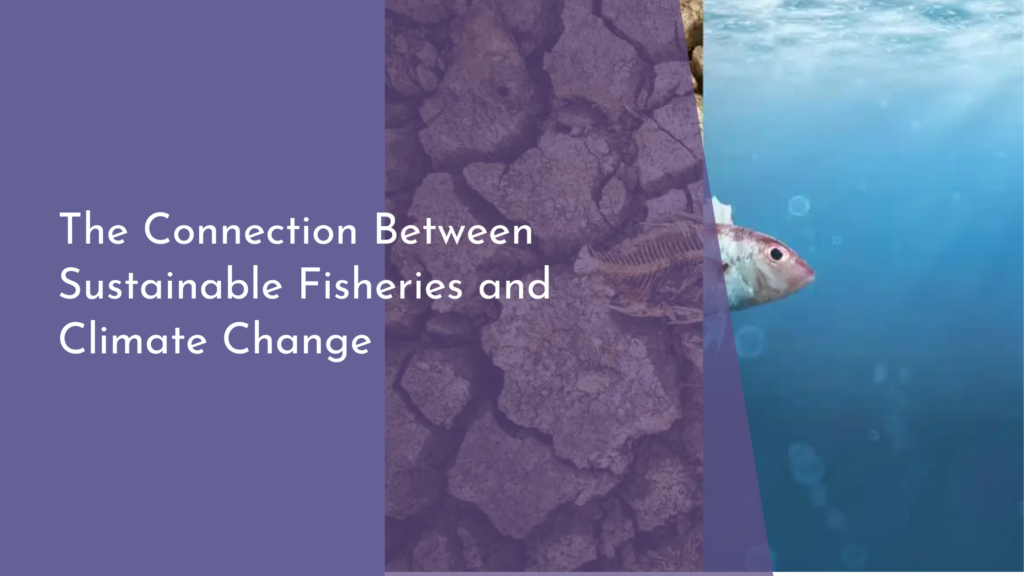Educational Programs Focused on Plastic Reduction
Plastic pollution has become a daunting environmental challenge, infiltrating oceans, landscapes, and food chains worldwide. As awareness grows, educational programs focused on plastic reduction have emerged as pivotal tools in combating this crisis. These initiatives not only inform but empower individuals and communities to make sustainable choices, ultimately leading to significant environmental improvements. This article delves into the impact of plastic pollution, highlights key educational initiatives across the globe, shares success stories from schools making a difference, and offers insights on how you can get involved in plastic reduction efforts.
Understanding the Impact of Plastic Pollution
Plastic pollution is a pervasive problem affecting ecosystems and human health. An estimated 300 million tons of plastic are produced each year, with a significant portion ending up in oceans. Marine wildlife often mistake plastic debris for food, leading to ingestion and entanglement, which can be fatal. Furthermore, microplastics, tiny plastic particles, have infiltrated the food chain, posing potential risks to human health and highlighting an urgent need for action.
The environmental ramifications of plastic pollution extend beyond wildlife. Ecosystems are disrupted as plastic waste hinders plant growth and alters soil composition. Additionally, plastic production is a major contributor to greenhouse gas emissions, exacerbating climate change. These impacts underscore the importance of raising awareness through educational programs that focus on plastic reduction, fostering a generation equipped to tackle these challenges.
Key Educational Initiatives Worldwide
Educational initiatives aimed at plastic reduction are gaining momentum globally. In the United States, the Plastic Free Schools program encourages students to eliminate single-use plastics on their campuses. This initiative involves comprehensive workshops and campaigns that teach students about the environmental impacts of plastic and guide them in implementing sustainable practices.
In Europe, the EU-funded project "Ocean Literacy for All" aims to increase awareness of ocean health and the role individuals play in its preservation. This initiative integrates ocean literacy into school curricula, empowering students and educators with knowledge and resources to reduce plastic waste. Such programs demonstrate the power of education in fostering environmental stewardship and inspiring collective action against plastic pollution.
Success Stories: Schools Making a Difference
Several schools worldwide have successfully implemented plastic reduction initiatives, showcasing inspiring results. For instance, a primary school in Australia launched a "No Plastic Lunch Day," where students and teachers were encouraged to pack lunches without any plastic packaging. This simple yet effective initiative led to a significant reduction in the school’s overall plastic waste.
In India, a high school took a creative approach by organizing an art competition using plastic waste collected from the local community. The event not only raised awareness about plastic pollution but also engaged students in a meaningful way, promoting creativity while highlighting the importance of recycling. These success stories demonstrate the impact and potential educational programs have in fostering a culture of sustainability among young learners.
How to Get Involved in Plastic Reduction Programs
Getting involved in plastic reduction programs can be rewarding and impactful. Start by educating yourself and others about the harmful effects of plastic pollution through workshops, webinars, or community events. Many organizations offer resources and guidelines on reducing plastic usage, which can be shared with friends, family, and local groups to broaden the reach of these initiatives.
Additionally, consider participating in or organizing cleanup activities in your community. Collaborate with local schools, businesses, and environmental groups to conduct beach or park cleanups. These events not only help remove plastic waste but also raise awareness and encourage responsible waste disposal practices. By actively taking part in these programs, individuals can contribute to a cleaner, healthier environment and inspire others to follow suit.
Educational programs focused on plastic reduction serve as catalysts for change, equipping individuals with the knowledge and tools necessary to combat plastic pollution. Through a combination of awareness, action, and community involvement, these initiatives can significantly reduce plastic waste and promote sustainable living. By getting involved and supporting such programs, you can play a crucial role in ensuring a cleaner, greener future for generations to come. Let us all take a step towards a plastic-free world, starting with education and empowerment.


